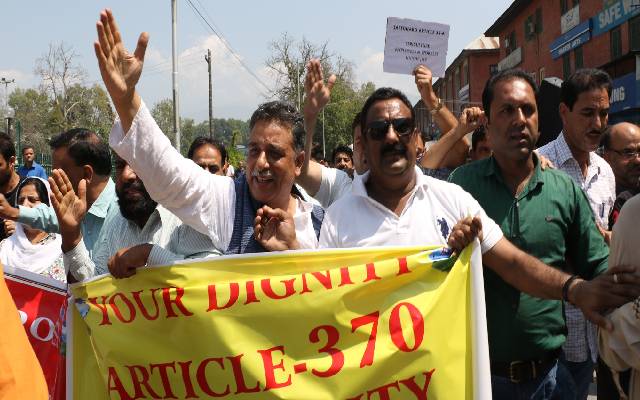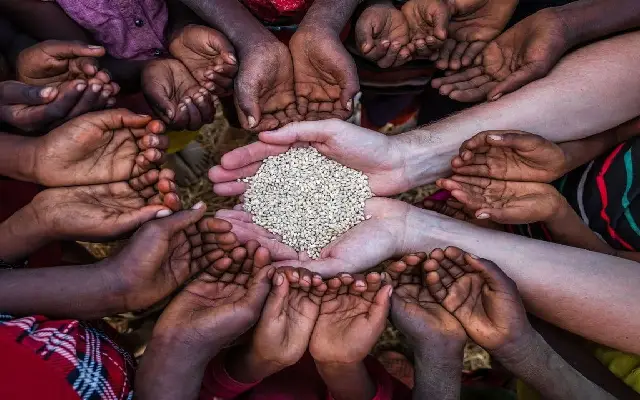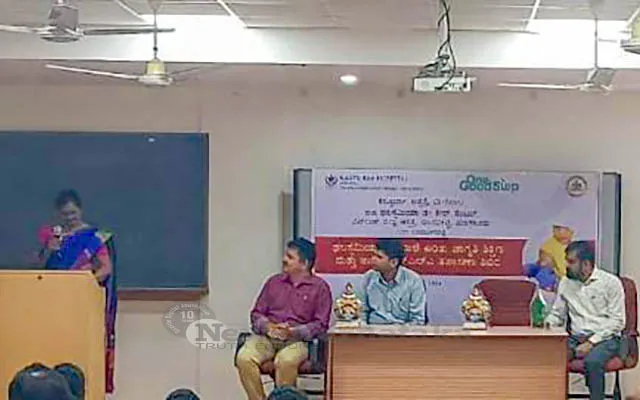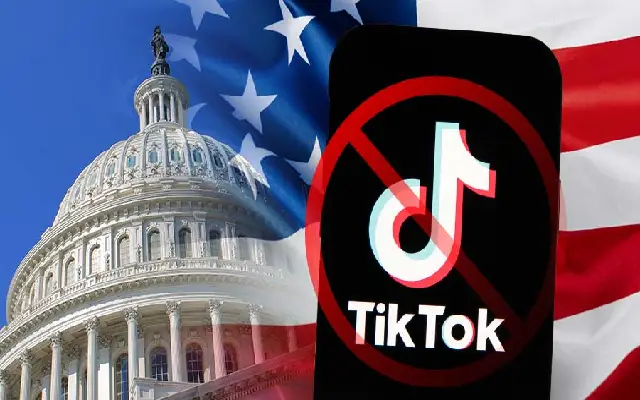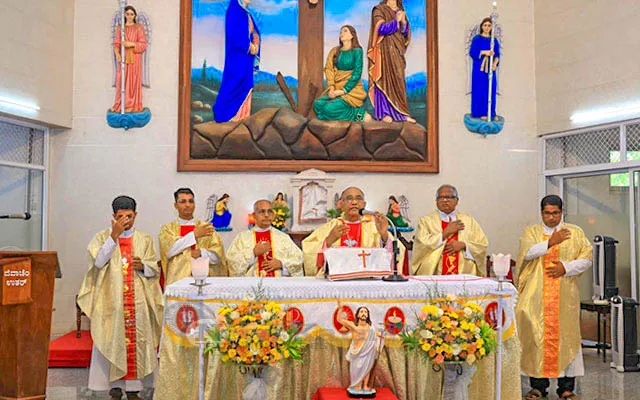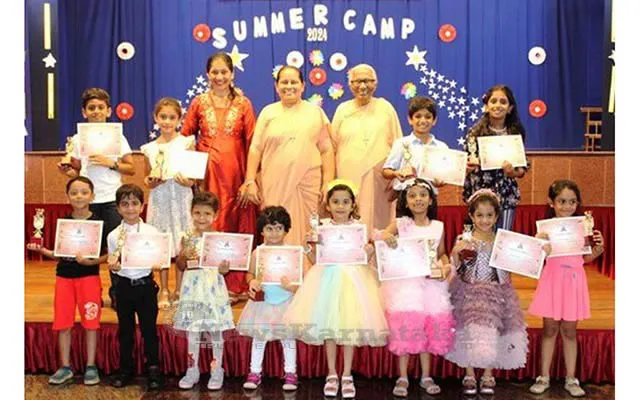Srinagar: Projects, which remained caught in official and political wrangles for the past 70 years in Jammu and Kashmir, have become accessible to the common man after August 5, 2019, when the Centre announced its decision to scrap J&Ks special status and divided it into two Union Territories.
The fast-paced development and quick decision making have turned the Himalayan region into a completely new place. The new steps are being taken with only one aim and purpose, i.e., to help the common man overcome the difficulties which he faced during the past 70 years due to Article 370, which provided the so-called special privileges to the denizens of the erstwhile state of J&K.
More than anyone else, Article 370 provided perks and status to the politicians, who ruled the erstwhile princely state from 1947 onwards.
During the past two-and-a-half years, many landmark decisions have been taken to empower the common resident. These initiatives have opened the eyes of a common Kashmiri, who was fed up with slogans like ‘autonomy’, ‘self rule’ and ‘Azadi’ for a long time.
Administrative Council shows the way
Recently, the J&K Administrative Council headed by Lieutenant Governor Manoj Sinha accorded approval to many projects aimed at giving impetus to the ongoing development works in the Union Territory.
The proposals that were sanctioned included the transfer of land measuring 144 kanal 12 marla at Hiranagar in Jammu’s Kathua district in favour of the Youth Services and Sports Department for the construction of the Arun Jaitely Memorial Sports Complex.
The decision would help in providing quality sporting infrastructure for games like cricket, hockey, football, wrestling and athletics and put Kathua and Samba districts on the sporting map of India. The cost of the sports complex is estimated to be around Rs 58.23 crore.
The Administrative Council also approved the transfer of more than 740 kanal land in favour of the Industries and Commerce Department for the establishment of New Industrial Estate in south Kashmir’s Shopian district.
The upcoming industrial estate will help boost economic activity and industrial development in the area and provide entrepreneurial and employment opportunities to the youth of the region.
Similarly, land measuring 750 kanal was transferred for setting up a Medicity to provide world-class healthcare infrastructure and facilities to the region.
Once the Medicity comes up, it will provide employment opportunities to medical and pharma professionals, local pharmacists, vendors and others.
The Administrative Council also sanctioned Rs 21.88 crore for the modernisation of the existing slaughter houses at Gujjar Nagar and Dogra Hall in Jammu.
An amount of Rs 32.46 crore was sanctioned for the construction of a multi-storey parking lot at the existing bus stand in frontier Doda district, while Rs 22.44 crore was sanctioned for the construction of a multi-storey bus stand in Ramban district.
The J&K government also restructured the State Marriage Assistance Scheme to provide benefits to any girl of legally marriageable age belonging to the families of AntyodayaAnna Yojana (AAY) or Priority Household (PHH) ration card holders. These girls will be eligible for one-time financial assistance of Rs 50,000, which will be given before marriage.
To further promote girl child education in the targeted population, the additional eligibility of completing elementary education by the beneficiary before her marriage has been included. Earlier, the benefits under the scheme were limited only to the girls of marriageable age who figured in the poor girls survey, especially conducted for this purpose by the Social Welfare Department.
Impediment removed
The recent decisions of the Administrative Council are just among the many initiatives that were taken during the past two-and-a-half years after the abrogation of Article 370.
After August 5, 2019, a common man has realised that Article 370, a temporary provision in the Constitution of India, was nothing but an impediment which didn’t allow the erstwhile princely state to come at par with the other regions of the country, and kept the region underdeveloped.
Politicians sailed in two boats
Decision making in Jammu and Kashmir was a tedious process as the politicians, who ruled the Himalayan region after 1947, were unable to strike a balance between Jammu, Kashmir and Ladakh regions due to political compulsions.
People of all the three regions paid a heavy price for their leaders sailing in two boats. On one hand, they used to talk about J&K being an “unresolved issue”, while on the other they used to enjoy the perks and privileges provided to them by New Delhi.
In the national capital, they used to describe Pakistan and the terrorists sponsored by it as the biggest enemies, but in Kashmir they used to leave no chance to praise the adversary and term terrorists as “freedom fighters”.
The Kashmir-based politicians remained busy in all the issues, which didn’t fall in their domain. This led to the governance taking a hit and people-friendly decisions getting pushed on the backburner.
These leaders used to describe Article 370 as a “protective shield” for the natives of J&K and a “bridge” connecting the Himalayan region with New Delhi. But time has proven that nor was it a shield, neither the bridge.
Blackmailing Centre helped a few
After the outbreak of Pakistan-sponsored insurgency in J&K in 1990, the politicians used Article 370 as a shield to protect their chairs. For 29 long years, they blackmailed the Centre by propagating that if J&K’s so-called special status is revoked, the region will fall in the lap of Pakistan.
As on date, all the myths created by them stand shattered. The people of J&K have witnessed massive development during the past two years. They have been empowered and their region stands developed. The road and air connectivity has improved, and the train to Kashmir is not that far away.
People have been provided with jobs and big corporate houses have come forward with investment proposals worth thousands of crores of rupees.
Article 370 used as bait
A common man in Jammu and Kashmir doesn’t even want to talk about Article 370 as he has understood that it was used as a bait by powerful political families of Kashmir to mislead people and keep them deprived of the centrally-sponsored schemes that could have helped people live a better life.
Politicians, who used to swear by Article 370, have turned irrelevant in ‘Naya’ Jammu and Kashmir. They have announced that they won’t even contest the Assembly elections. It seems that they are aware of the fact that they would be rejected by the people.
The recent decisions taken by the Administrative Council have proven beyond doubt that “where there is a will there’s a way”.
The former J&K Chief Ministers could have taken similar decisions but they had different priorities. Had they worked towards complete integration of J&K with the Union of India, rather than propagating its separate identity, Pakistan and the terrorists would have never succeeded in their nefarious designs and J&K could have been a much better place to live in.







